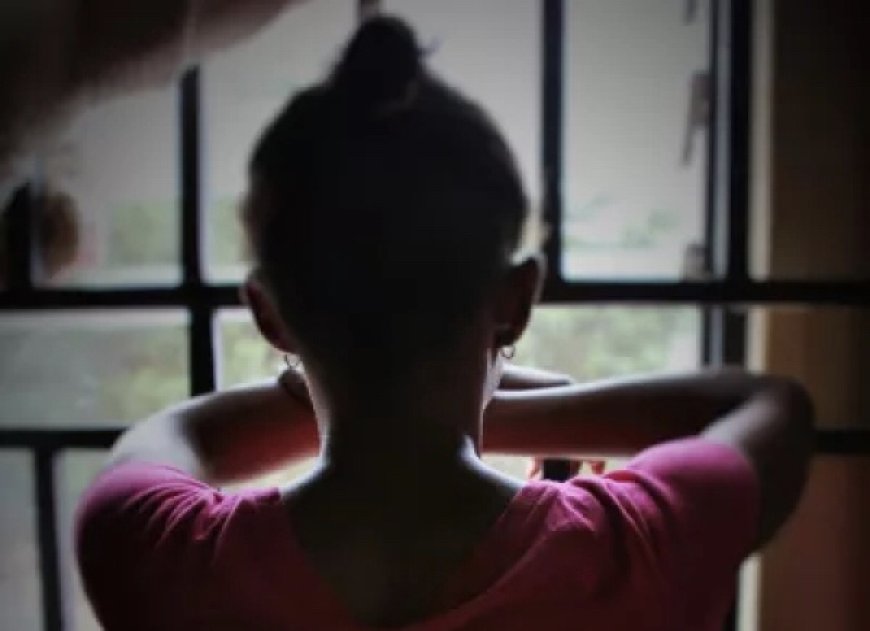45% Nigerian Teenage Girls Give Birth To Babies Before 18 says World Bank

Hannah ARIKPO
The World Bank has revealed that 45 per cent of girls in Nigeria give birth before the age of 18.
The World Bank Country Director, Ndiame Diop, made the disclosure in Abuja, while addressing Stakeholders at the National Conference on Girls’ Education and Empowerment with the theme, “Effective Partnership on Girls’ Education: Out-of-School Children Education for National Development."
Diop, represented by the World Bank Deputy Country Director, Taimur Samad, states, “Over two-thirds of girls in Nigeria drop out of school before junior secondary school.
“Thirty-five per cent are married by the age of 15, and 45 per cent give birth before the age of 18.”
Diop was optimistic that effective collaboration among traditional and community leaders, the Federal Government, and the 18 governors participating in the Adolescent Girls Initiative for Learning and Empowerment (AGILE) project, the challenges facing girls can be addressed.
“What has been impressive to us at the World Bank is the conviction of our partners—the Federal Government of Nigeria, the 18 Executive Governors participating in the AGILE programme, and the traditional and community leaders here today—which is even greater than the challenges,” he added.
The Minister of Education, Tunji Alausa, noted that many girls remain out of school due to poverty, child labour, early marriage, and harmful cultural practices.
"We are aware of the significant barriers which paved the way for most adolescent female teenagers to drop out of school due to poverty, child labour, early marriage, and harmful cultural practices.
“It is disheartening to see girls hawking on the streets or working as domestic help instead of sitting in classrooms where their potentials can be unlocked.
“The girl-child thus becomes more vulnerable to exploitation, child labour, and personal life hazards, including threats and violence. Despite free and compulsory basic education programmes, many barriers still prevent girls from accessing education,” the minister said.
Alausa stressed that collective efforts remain essential in advocating for the girl - child education
“While the Federal and State Governments continue to play their roles, we need the support of traditional and religious leaders to advocate for girls’ education, engage communities, and reorient societal attitudes.
“The commitment of stakeholders will be instrumental in creating an environment where girls can thrive and excel,” he concluded.














































